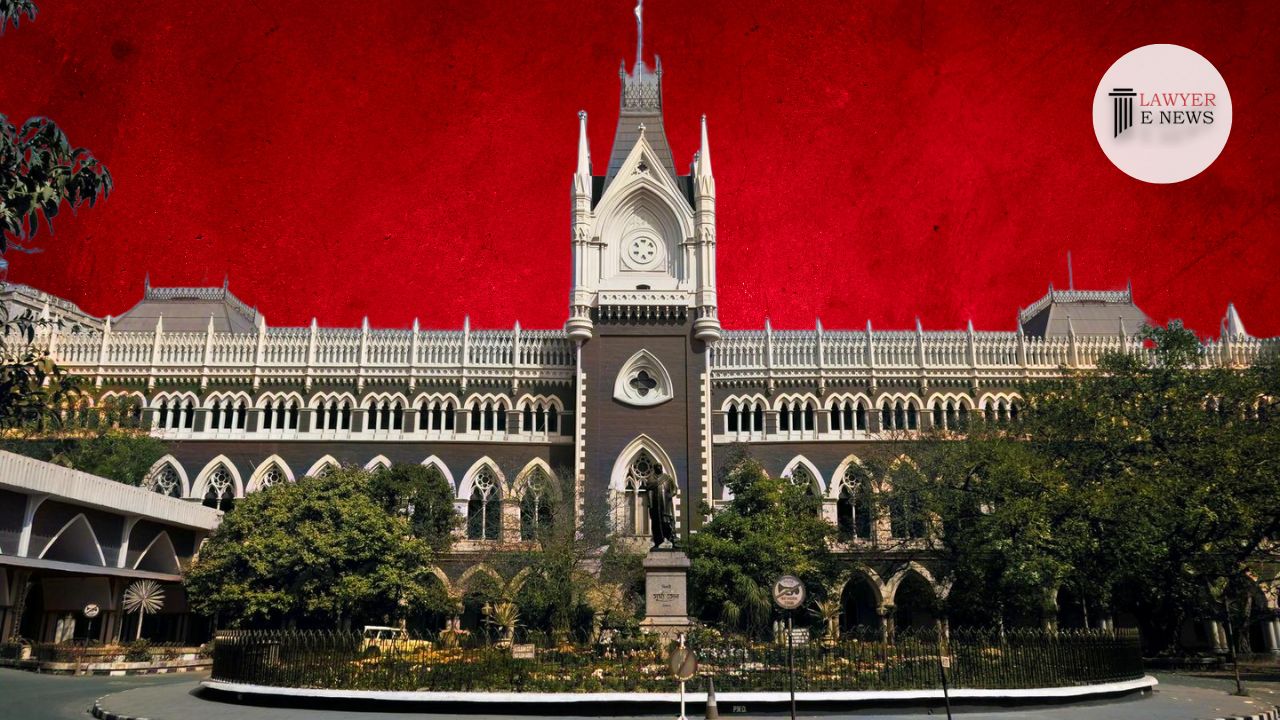-
by Admin
20 February 2026 5:23 AM



In a landmark judgment, the High Court at Calcutta, in its bench comprising The Hon’ble Justice Suvra Ghosh and The Hon’ble Justice Subhendu Samanta, has quashed charges of misconduct against a primary school teacher and ordered his full reinstatement with back wages and benefits. The judgment, delivered on 16th October 2023, sets a precedent in cases involving allegations against government servants.
The case revolved around a departmental proceeding initiated against the petitioner, Mr. Anil Kumar Mridha, who was a primary school teacher at Government Middle School, Krishna Nagar, Havelock. He was accused of outraging the modesty of a girl student in 2009. The disciplinary authority had imposed a major penalty of dismissal based on this accusation.
However, the pivotal point in the case was the petitioner’s acquittal in a criminal case, where a joint compromise petition had been filed by the victim and Mr. Mridha. This acquittal raised questions about the validity of the misconduct charges in the departmental proceeding.
The High Court’s judgment emphasized the lack of evidence to support the misconduct allegations. It stated, “There is not an iota of evidence on record that suggests misconduct on the part of the petitioner. The decision of the authorities is based on no evidence at all and no misconduct resulting in violation of the service rules has been substantiated against the petitioner.”
The court further pointed out that the victim’s statement was exonerative and did not support the allegations of misconduct. It also deemed the penalty imposed on the petitioner as disproportionate and without legal sanction.
In its ruling, the High Court stated, “The decision taken by the Disciplinary Authority and the subsequent decisions of the Appellate Authority and the Tribunal and also the inquiry report on the basis of which the orders were passed suffer from the aforementioned laches and therefore, cannot be sustained.”
The judgment concluded by allowing the writ petition, setting aside the inquiry report and all related orders, and directing the respondent authorities to reinstate Mr. Mridha in service with full back wages and other consequential benefits. Additionally, a cost of Rs. 10,000 was awarded to the petitioner.
This significant judgment serves as a reminder of the importance of evidence and due process in departmental proceedings and underscores the principle that a judicial review is not an appeal but an examination of the decision-making process.
Date of Decision: 16 October 2023
Anil Kumar Mridha vs THE UNION OF INDIA AND OTHERS
